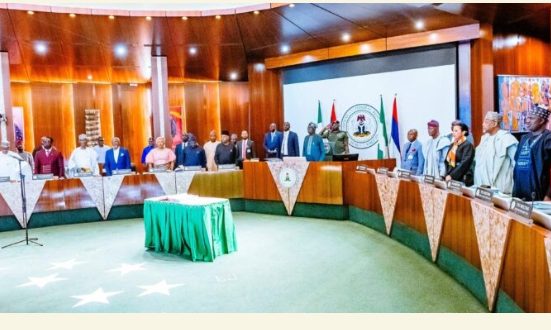The recently concluded local government elections in Nigeria are emerging as more than just a political event, they represent a critical turning point with far-reaching implications for the country’s economic trajectory. While local polls often attract less public attention than state or federal contests, their outcomes play a central role in determining the pace and quality of grassroots development, economic inclusiveness, and fiscal accountability.
Across several states, voters went to the polls to elect chairpersons and councillors who will administer Nigeria’s 774 local government areas—units constitutionally mandated to drive rural development, manage public services, and generate local revenue. The political composition of these local councils significantly influences economic planning, small-scale enterprise support, and the delivery of social amenities such as markets, roads, and schools.
Analysts observe that in many regions where opposition parties made gains, there are signs of rising public demand for transparency, job creation, and improved economic governance. In states where the ruling parties maintained dominance, there is mounting pressure to translate political control into visible economic progress, especially in the face of inflation, youth unemployment, and poor infrastructure.
Observers also point to the potential economic boost that could follow if newly elected officials focus on practical solutions—such as empowering cooperatives, enhancing primary health care delivery, and investing in agriculture and rural industrialisation. With the right policies, local governments can serve as engines of inclusive economic growth, unlocking opportunities at the community level.
However, concerns remain over the credibility of the electoral processes in some states, with reports of low voter turnout, logistical challenges, and allegations of irregularities. These issues raise questions about the legitimacy and accountability of the incoming local officials, which in turn could affect their capacity to lead meaningful economic reforms.
Economists argue that for Nigeria to fully harness the power of local governance, states must ensure that local councils are financially autonomous, professionally staffed, and free from excessive political interference. Only then can these grassroots institutions fulfil their mandate of driving development from the bottom up.
As the newly elected local government leaders settle into office, Nigerians will be watching closely—not just for political promises, but for concrete actions that will translate into jobs, infrastructure, and economic empowerment at the community level.





